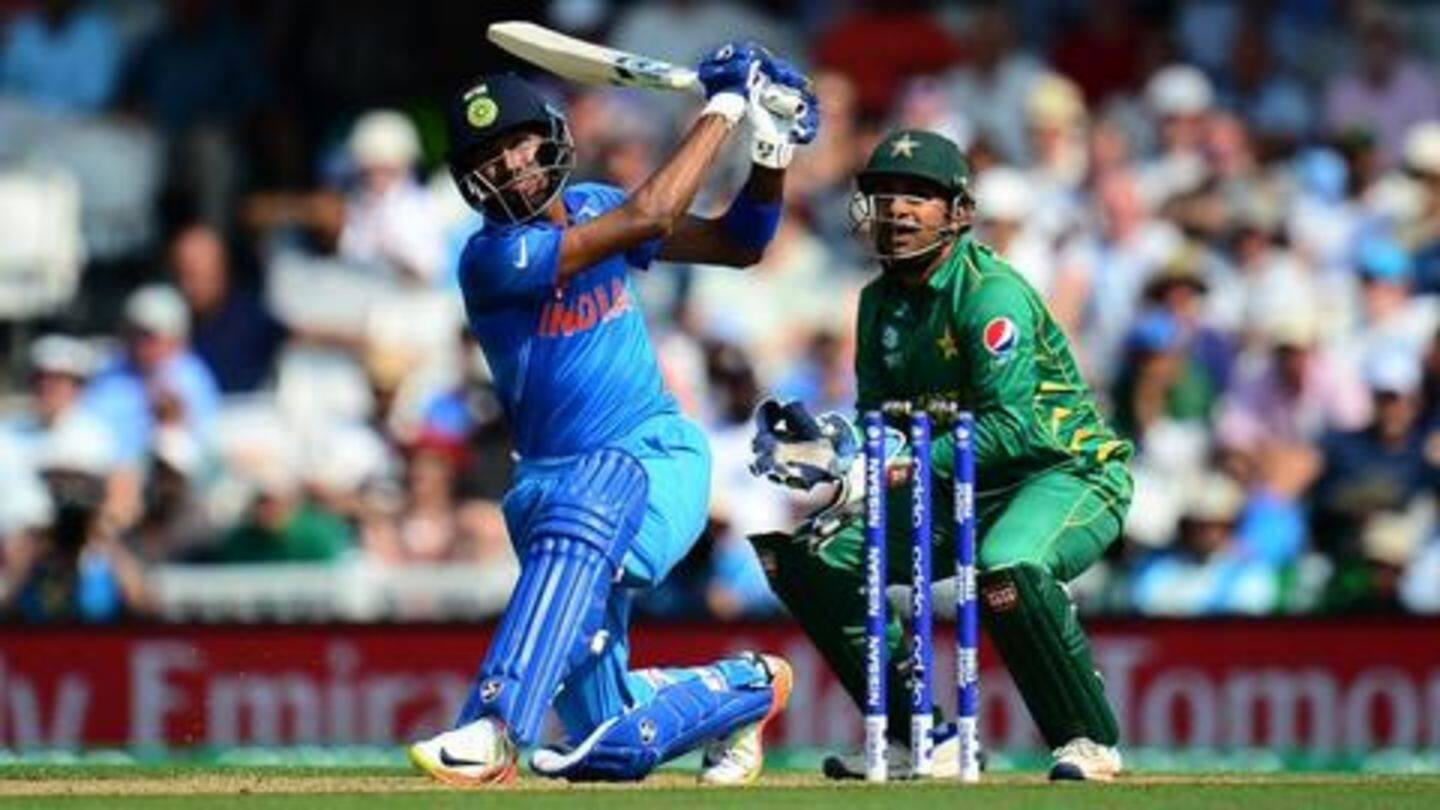
Here are instances of teams boycotting Cricket World Cup ties
What's the story
The ICC World Cup is the most awaited and loved cricket tournament. Owing to its immense popularity, the ICC works hard in giving the fans the best cricket show on earth. However, there have been instances of teams deciding not to play a particular match, citing security or political issues. To date, there have only been four such instances, as we take a look.
1996: Australia
1996: Australia refuse to travel to Sri Lanka
Just three weeks prior to the 1996 World Cup, there was a terror attack at the Central Bank of Sri Lanka which left more than 1,000 people injured. During the tournament, Australia refused to travel to Lanka citing security reasons. Meanwhile, despite the walkover to Sri Lanka, the two teams met in the final in Lahore, as Lanka won their first-ever World Cup title.
1996: West Indies
1996: West Indies too pull out for same reason
The same tournament saw another instance of a team boycotting a match. West Indies too refused to travel to Sri Lanka for the same reason as Australia's. Despite the ICC deeming the country safe to travel, besides providing the traveling teams with maximum security, West Indies decided to pull out. Meanwhile, the ICC slapped heavy fines to both Australia and West Indies.
2003: England
2003: England refuse to travel to Zimbabwe
The 2003 edition of the World Cup saw it being hosted by three African countries. Meanwhile, Zimbabwe was under the reign of Robert Mugabe, as it was going through political unrest. Consequently, British Prime Minister Tony Blair ordered England not to travel to Zimbabwe. As the ICC scrapped the idea of rescheduling their matches, England had to boycott their group stage match against Zimbabwe.
2003: New Zealand
2003: New Zealand refuse to travel to Kenya
The 2003 World Cup saw yet another boycott, this time from New Zealand. The Kiwis were apprehensive about the security in Kenya and decided against traveling there. As a result of the walkover, Kenya were awarded four points. And, as the points from the group stage were carried onto the Super-Six stage, Kenya held the edge over New Zealand, thus qualifying for the semis.